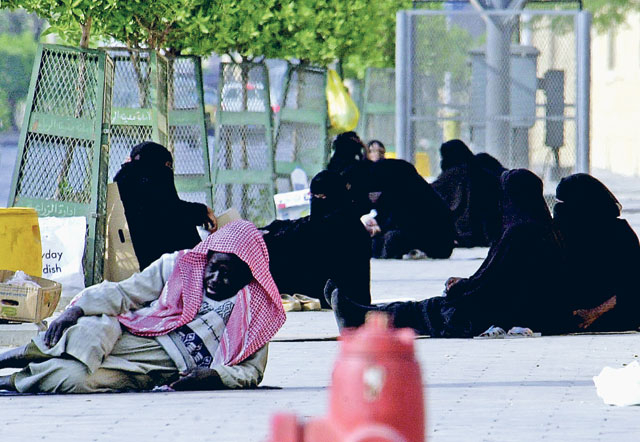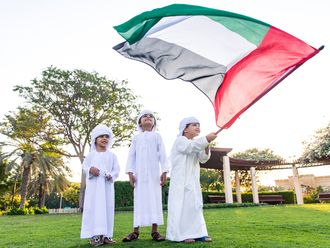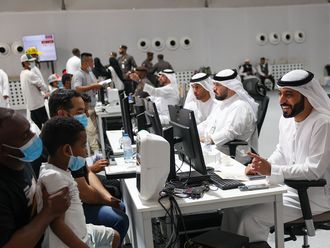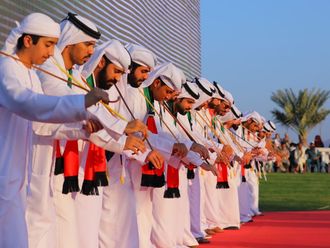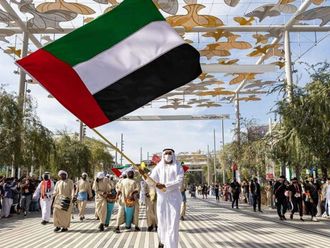Abu Dhabi: People caught begging in the capital use a number of methods to manipulate the emotions of residents and take advantage of their generosity, Abu Dhabi Police warned on Saturday.
“The common factor between all these beggars is that they have no real need to beg. Instead, they use this immoral practice to extort money from generous residents. As a result, they harm the UAE’s reputation, especially if they don the national dress when begging, or use a sacred religious occasion to get money from people,” said Colonel Dr Rashid Mohammad Borshid, head of the Criminal Investigation Department at Abu Dhabi Police.
The official added the UAE has a number of charitable organisations that will come to the aid of people in real financial difficulty, but that most people caught begging cannot prove such a need and simply use an easier route to obtain money from unsuspecting residents.
For example, one particular beggar who was apprehended by Abu Dhabi Police was found to be visiting the UAE each year in the same period before Ramadan. He would spend the month in a rented car asking shoppers and people fasting for money so that he could complete his pilgrimage to Makkah.
After he was arrested, the police found a lot of money and fancy clothes in his possession, but the suspect claimed he was taking them home to his family as Eid gifts. He also claimed that he had lost all his money and needed the funds to go to Makkah.
The suspect was caught when he asked an Arab resident for money. The resident looked into his wallet and of the Dh400 with him at the time, he handed the suspect Dh200 so that he could get petrol and be on his way. The resident, however, noticed that the suspect was looking keenly at the money in his wallet. The suspect then asked for some more money so that he could get a meal to end his fast. After some persuasion, the resident handed over a further Dh50.
The beggar then persisted and asked for some more money so that he could smoke some shisha after he had ended his fast. It was then that the resident realised he was being duped. So he told the suspect that he needed to withdraw some money first, and he stepped away and called the police.
Cosmetic surgery
Colonel Dr Borshid also told the incident of a man who was seeking alms outside a mosque in the capital. One of his legs was wrapped in bandage, and he had a cane with him. However, when he spotted police officers approaching, he fled without even taking his cane.
Another beggar, who was found with Dh50,000 and stolen gold jewellery, said that he needed the funds to marry a second wife.
Dr Borshid also recounted a suspect who said he was a decent person and would not have taken to begging, except that his wife had insisted he fund expensive cosmetic surgery.
The officials also warned that many beggars also resort to electronic means to obtain money from people, and send messages and emails to unsuspecting residents. He therefore warned people not to respond to these communications, to block these numbers and senders and to report any harassment to the police.


